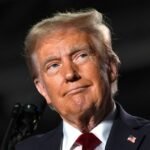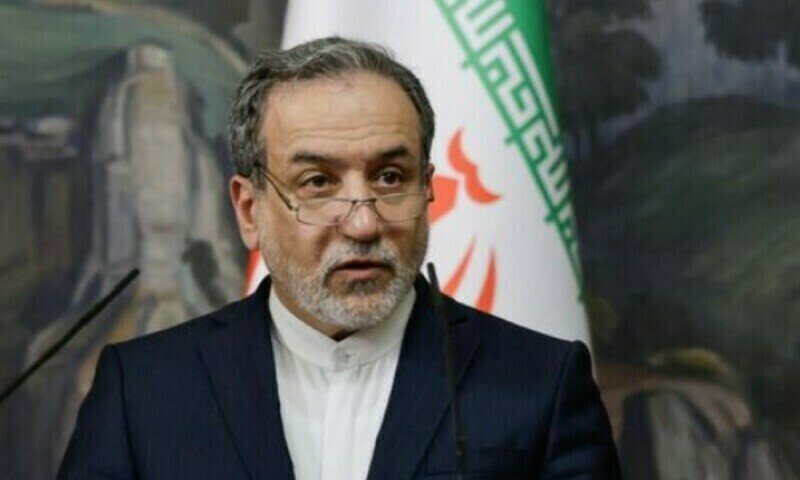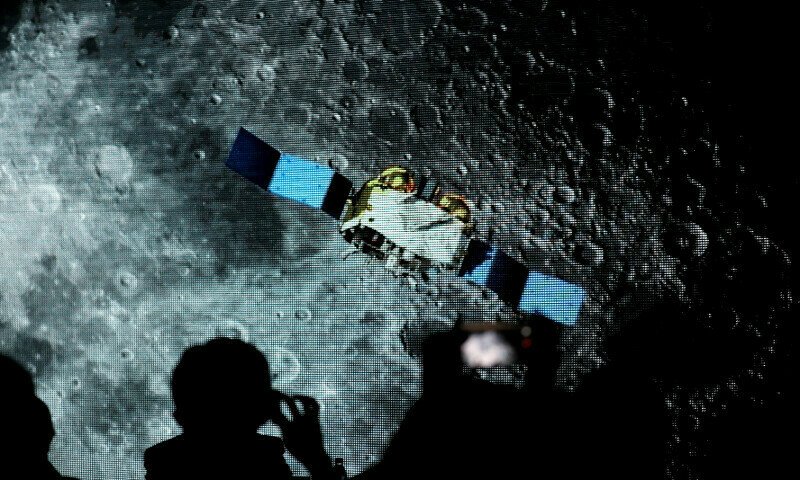Iran’s Ministry of Foreign Affairs on Wednesday new sanctions from the United States aimed at its fuel network, qualifying the measure to a “hostile approach” of Washington before a third round of nuclear conversations.
In a statement, the spokesman of the Ministry of Foreign Affairs, Estmaeil Baqaei, said that Washington’s policy of imposing sanctions on the Iranian people was a “clear contradiction with the demand for dialogue and negotiation of the United States and indicates the lack of good will and seriousness in this sense.”
On Tuesday, the United States Treasury Department imposed sanctions on an Iranian shipping network and an individual named Asadoollah Emamjomeh, whom Washington says he is the owner of the network.
He said in a statement that the network was “collectively responsible for sending hundreds of millions of dollars in LPG and Iranian crude oil to foreign markets.”
“Emamjomeh and his network sought to export thousands of LPG shipments, even from the United States, to evade the sanctions of the United States and generate income for Iran,” said Treasury Secretary Scott Besent.
“The United States is still committed to responsible for those who seek to provide the Iranian regime with the funds they need to promote their destabilizing activities in the region and worldwide.”
The sanctions occurred after Tehran and Washington held two rounds of indirect nuclear conversations on consecutive Saturdays in Muscat and Rome, starting April 12.
Since he returned to office in January, the president of the United States, Donald Trump, has reimposed radical sanctions under his policy of “maximum pressure” against Tehran.
In March, he sent a letter to the Supreme Leader of Iran, Ayatolá Ali Khamenei, asking for conversations, but also warned about the possible military action if they failed to produce an agreement.
Oman said that the third round of conversations, scheduled for Saturday, April 26, would be held again in Muscat.
On Tuesday, Iran announced that a technical nuclear meeting at the expert level between the two countries will also take place on Saturday.
“Expert and high -level indirect conversations will not be carried out simultaneously,” State TV said Wednesday. “Iranian and American experts will first hold their indirect conversations and transmit the results of the conversations with high -level officials, which will then begin their discussions,” the report said.
Iranian Foreign Minister Abbas Araghchi, and the envoy of the Middle East of the United States, Steve Witkoff, lead the negotiations, with Oman mediating.
After the conversations of Rome last Saturday, Araghchi said the meeting was “good” and that the negotiations were “advancing.”
On Monday, Trump said Washington had “very good meetings” in Iran. Araghchi was in Beijing on Wednesday for conversations before Saturday’s meeting. China is the largest commercial partner of Iran and the main buyer of its oil.
Western countries, including the United States, have long accused Iran of trying to acquire nuclear weapons, an accusation that Tehran has constantly denied, insisting that its program is for peaceful civil purposes.








